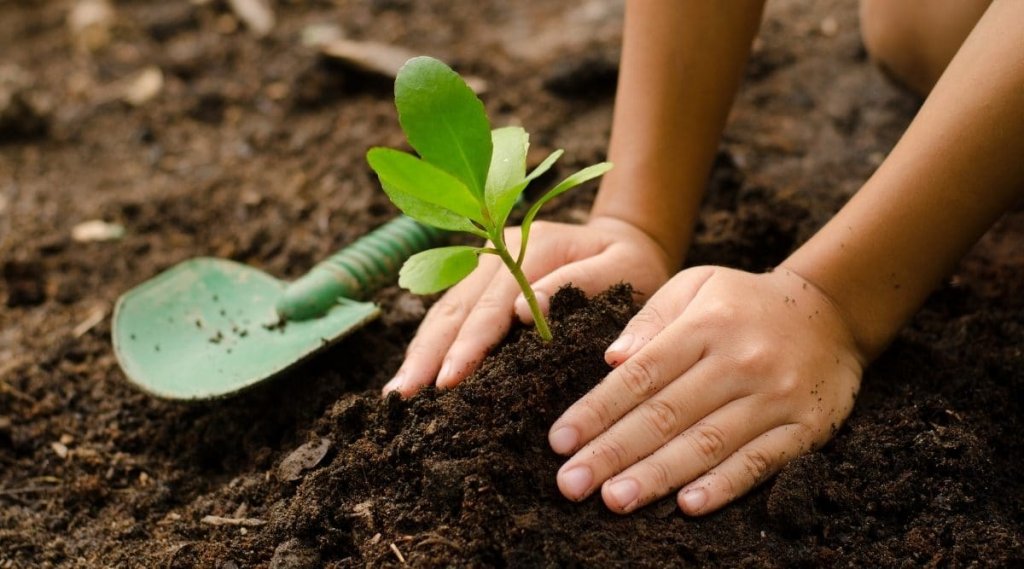
Enhance Cardiovascular Health
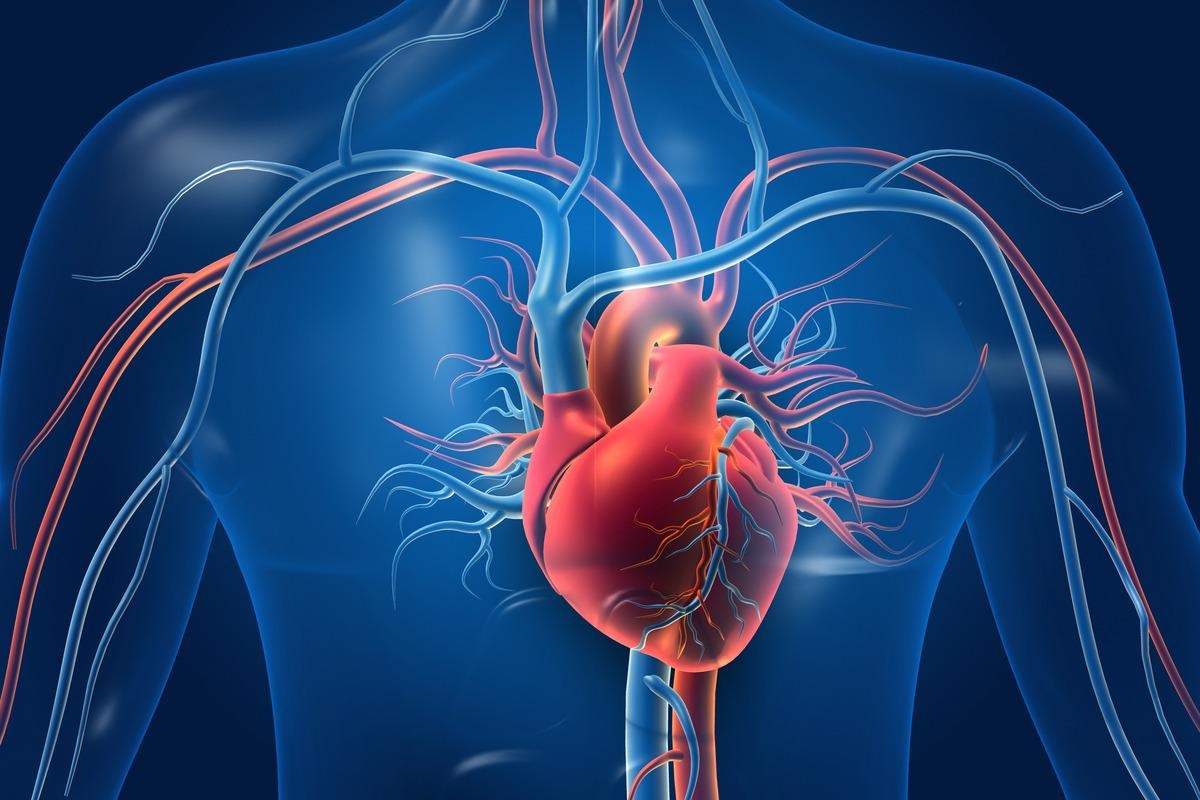
Older adults do not necessarily have to do intense daily exercise to improve their heart health. Daily activities such as gardening, housework, and stretching for 4 hours a day are well enough to reduce the risk of heart disease. Based on research by the British Journal of Sports Medicine, daily physical activity like gardening equated to a 27 per cent lower risk of heart attack or stroke and a 30 per cent reduced risk of death from all causes.
Improve Memory

New evidence has shown that gardening activities may spur growth in the elderly’s brain’s memory-related nerves. Researchers gave 20-minute gardening activities to patients treated for dementia in an inpatient facility. After the residents had raked and planted in vegetable gardens, researchers discovered increased brain nerve growth factors associated with memory in both genders.
Mood Booster

In a multi-year study published in 2011 by Trusted Source, people with depression participated in a gardening intervention for 12 weeks. Afterwards, researchers found that all of them significantly improved mental health. And those improvements lasted for months after the intervention ended.
In a 2011 study, researchers exposed study participants to a stressful activity. Then they asked half the group to spend time quietly reading and the other half to spend time gardening. When researchers tested the levels of the stress hormone cortisol in their bodies, they found that the gardening group had recovered from the stress better than the reading group.
Gardening provides an opportunity for seniors to get out of the house and connect with nature. This can be therapeutic and reduce feelings of anxiety and depression. Being in nature can also help to improve sleep quality. Additionally, gardening can provide a sense of accomplishment and purpose, which can be beneficial for seniors who may feel a lack of direction or meaning in their daily lives.
Slow Down Brain Shrinkage
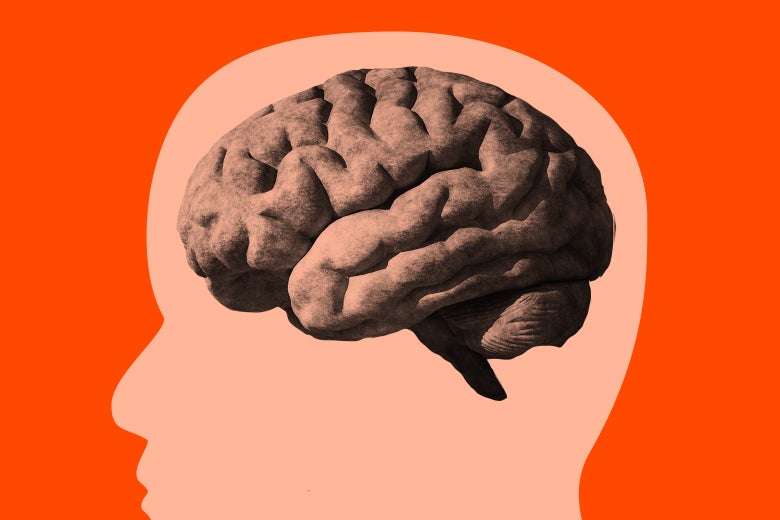
Our brain typically shrinks with age which is associated with more health problems like dementia and brain atrophy. Thus, it is essential to slow the shrinking process as much as possible. Moderate exercises such as gardening and dancing can protect your brain from 4 fewer years of brain ageing. Being physically active strengthens your heart to deliver oxygen and nutrients to your brain cells. Thus, it functions better and maintains more extended brain health.
Suitable for Seniors with Osteoporosis
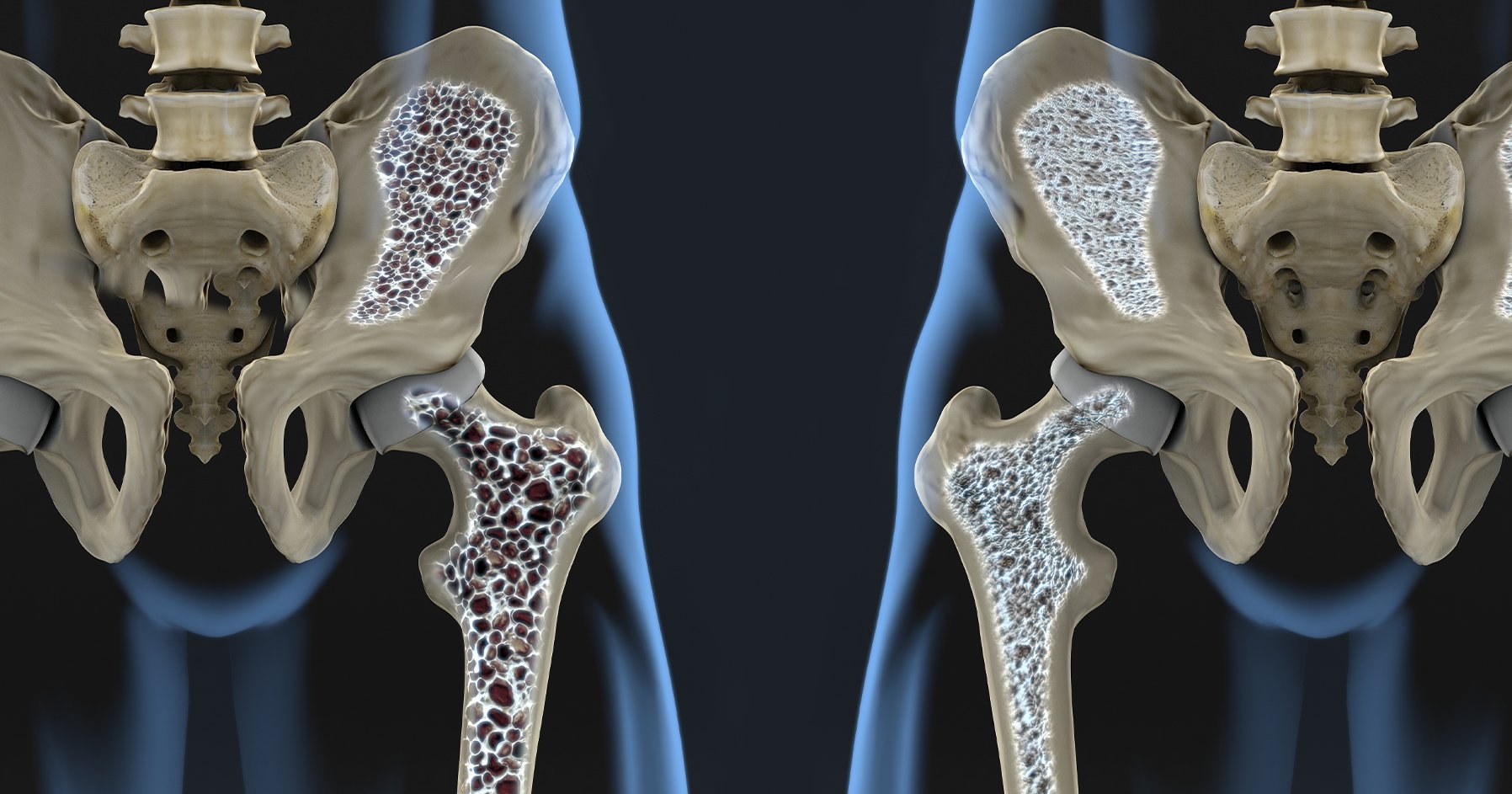
A significant benefit of gardening is a healthy total body workout that includes weight-bearing and resistance activities. As you hoe, plant, water, weed and harvest, your body engages in effective weight-bearing and resistance activities that contribute to good bone health – as long as you start slowly and move safely. Besides, it trains your balance because it requires you to kneel, crawl, or pull the watering hoses. All of this helps you to improve your balance – Just remember to slow down in every movement.
Improve The Elderly’s Picky Eating Habit

Gardening is a fun, hands-on activity that can transform your elderly’s relationship with food and improve picky eating. They may feel more comfortable with food and can pique their curiosity, which is critical to building their motivation to eat their self-seed plant.
Increase Social Interaction

Gardening can also provide an opportunity for seniors to connect with others. Community gardens, for example, can be a great way for seniors to meet and interact with people from all walks of life. This can help to combat feelings of isolation and loneliness, which can be common among seniors. By working together on a shared goal, seniors can build relationships and a sense of community.
Improve Nutrition
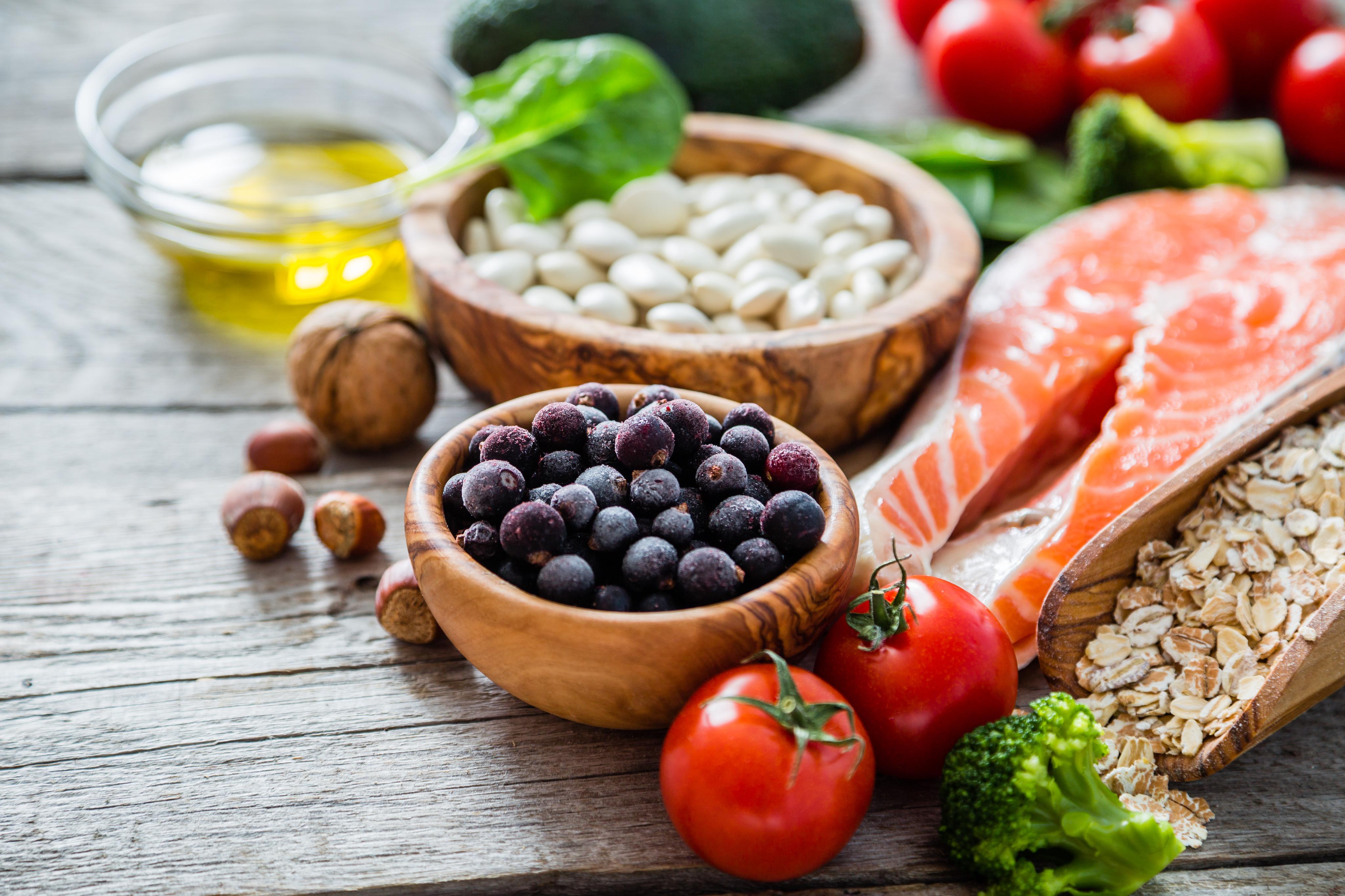
Gardening can also be a great way for seniors to improve their nutrition. By growing their own fruits and vegetables, seniors can have access to fresh, healthy food that they may not be able to afford or find at the grocery store. This can be especially beneficial for seniors who are on a fixed income or have limited access to transportation.
Improve Physical Function

Gardening can also help seniors to improve their physical function. By engaging in activities such as digging, planting, and weeding, seniors can improve their balance, strength, and flexibility. This can help to reduce the risk of falls and improve overall mobility. Additionally, gardening can be a low-impact form of exercise, making it a great option for seniors who may have joint pain or other physical limitations.
Overall, gardening can provide a wide range of benefits for seniors. From improving cardiovascular health to reducing feelings of anxiety and depression, gardening can be a great way for seniors to improve their physical and mental well-being. By providing an opportunity for social interaction and the chance to grow their own nutritious food, gardening can help seniors to live happier, healthier lives.

Gut Health for Yoginis: Enhancing Your Practice with Fiber and Ancestral Nutritions Fibre Clenz
Share on facebook Facebook Share on twitter Twitter Share on linkedin LinkedIn Share on facebook Facebook Share on pinterest Pinterest Share on telegram Telegram Share
A Pillar of Strength in Golden Years: 10 Paths on How Regular Screenings Uphold Your Health
In the evocative voyage of life, the golden years emerge as a time to relish the fruits of decades of labor, to bask in the
Unlock the Secret to Sweet Dreams: 10 Ways of Enhancing Sleep Quality as You Age
Share on facebook Facebook Share on twitter Twitter Share on linkedin LinkedIn Share on pinterest Pinterest Share on telegram Telegram Share on whatsapp WhatsApp Share
Building Bridges, Not Walls: 10 Methods of Mastering the Art of Cultivating Social Connections in the Golden Years
Share on facebook Facebook Share on twitter Twitter Share on linkedin LinkedIn Share on telegram Telegram Share on whatsapp WhatsApp Share on email Email Share
Navigating the Golden Years: 10 Ways to Achieve Emotional Wellness and Conquering Loneliness
Share on facebook Facebook Share on twitter Twitter Share on linkedin LinkedIn Share on pinterest Pinterest Share on telegram Telegram Share on whatsapp WhatsApp Share
Stay Brainy in Your Golden Years: 10 Fun Activities to Keep Your Mind Sharp and Engaged!
Hello, brain buffs! Aging might be inevitable, but letting our minds turn to mush? No way, José! Time to boot up those brain cells and